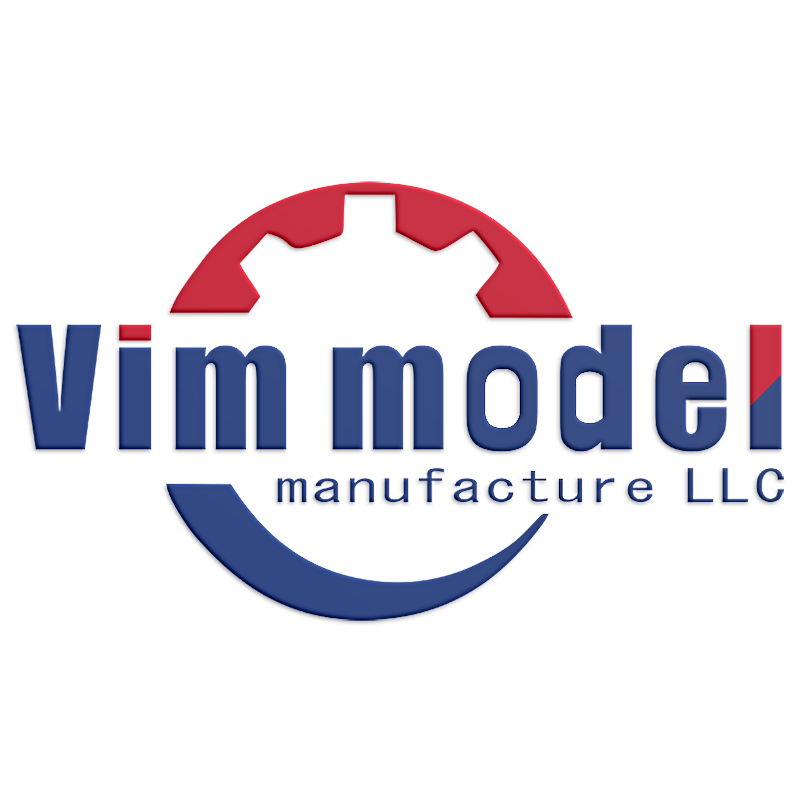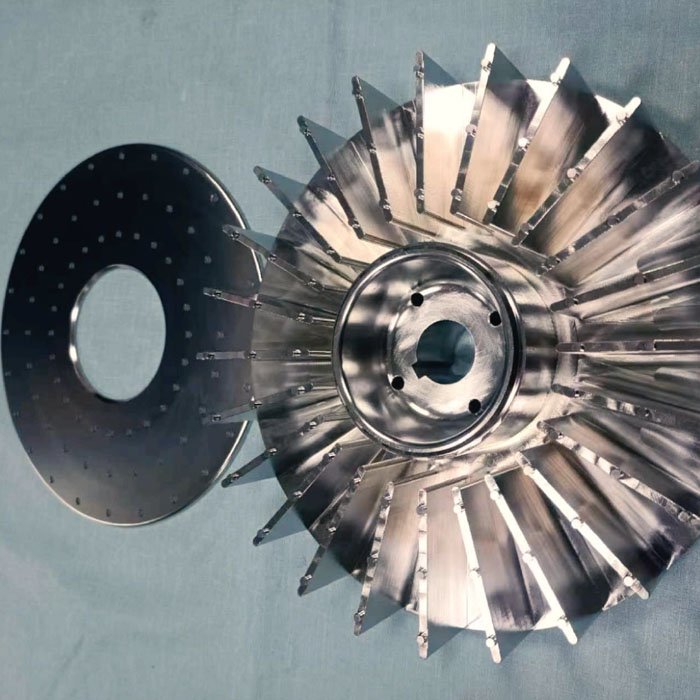Title: Mastering the Art of Custom Complex Parts Fabrication
Introduction
In the world of manufacturing, custom complex parts play a crucial role in various industries, from aerospace to automotive and medical devices. These parts, often featuring intricate designs and tight tolerances, require specialized fabrication techniques and expertise. This article will explore the nuances of custom complex parts fabrication, highlight the key processes involved, and offer best practices to ensure quality and precision.
Understanding Custom Complex Parts
Custom complex parts refer to components that are designed with unique specifications, often featuring intricate geometries, tight tolerances, and specific material requirements. These parts are typically not mass-produced but are tailored to meet the exact needs of a particular application.
Industries that Rely on Custom Complex Parts:
- Aerospace: Precision is critical in aircraft components, where even minor deviations can affect performance.
- Automotive: Custom parts are often required for high-performance vehicles or specialized systems.
- Medical Devices: Implants and surgical instruments demand high precision and reliability.
- Electronics: Complex parts are essential for miniaturized components and intricate assemblies.
Key Processes in Custom Complex Parts Fabrication
- Design and Prototyping
- CAD Modeling: Computer-Aided Design (CAD) software is used to create detailed 3D models of the part.
- Prototyping: Before full-scale production, prototypes are created to test the design and functionality.
- Precision Machining
- CNC Machining: Computer Numerical Control (CNC) machines are essential for fabricating complex parts with high precision.
- EDM (Electrical Discharge Machining): Used for intricate shapes and fine details that are difficult to achieve with traditional machining.
- Additive Manufacturing
- 3D Printing: Ideal for creating complex geometries that would be challenging with subtractive methods.
- Selective Laser Sintering (SLS): A type of 3D printing that fuses powder particles to create solid parts, suitable for complex designs.
- Quality Control
- Coordinate Measuring Machines (CMM): Used to verify the dimensional accuracy of complex parts.
- Non-Destructive Testing (NDT): Ensures the part’s integrity without causing any damage.
Choosing the Right Materials for Complex Parts
Selecting the appropriate material is crucial for ensuring that the custom part meets its functional requirements. Common materials used in complex parts fabrication include:
- Aluminum: Lightweight and corrosion-resistant, ideal for aerospace and automotive parts.
- Stainless Steel: Known for its strength and durability, often used in medical and food processing applications.
- Titanium: High strength-to-weight ratio, making it perfect for aerospace and high-performance automotive parts.
- Specialty Alloys: Designed for extreme environments, offering superior heat resistance and strength.
Best Practices for Custom Complex Parts Fabrication
- Collaboration with Designers: Work closely with designers to ensure the manufacturability of complex parts without compromising on design intent.
- Precision Tooling: Invest in high-quality tools and machines to achieve the tight tolerances required for complex parts.
- Iterative Prototyping: Use multiple iterations of prototypes to refine the design and functionality before moving to full-scale production.
- Comprehensive Quality Checks: Implement thorough inspection processes to detect and correct any deviations early in the production cycle.




